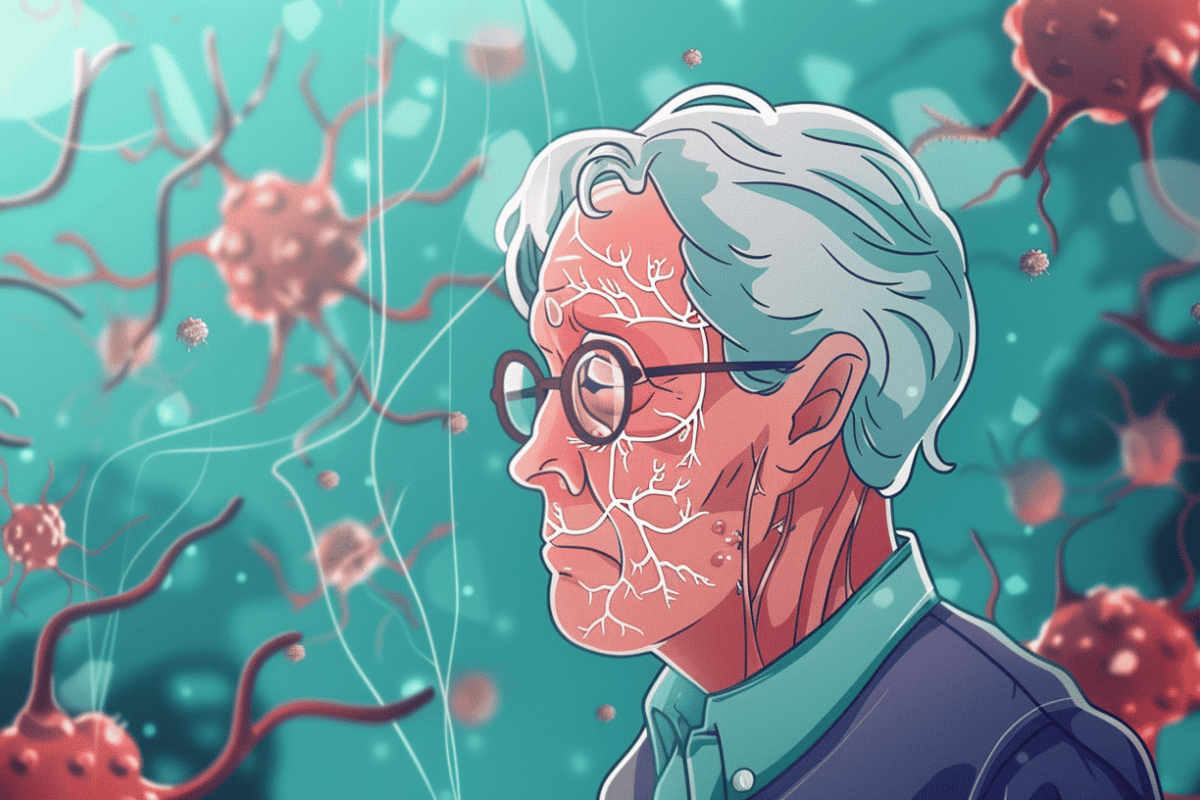Injury to any part of the body is debilitating. Still, brain or nervous system injuries seem the worst because they impair an individual’s ability to control motor functions and other essential skills. Fortunately, all hope is not lost because of innovative neurological therapy.
Many people have to go through weeks and months of rehabilitation to enable them to become independent again. However, they must find an able clinic like Abilities Neurological Rehabilitation for the best results. Neurosurgeons typically recommend or refer patients to reliable clinics and rehabilitation therapists to complete the healing process.
What Is Neurological Rehabilitation?
Neurological rehabilitation is a program where people with nervous system disorders, injuries, or diseases improve or maintain basic functions and well-being and reduce the symptoms of the disease or injury. Such programs are usually effective in making patients better able to handle their lives independently.
Why a Neurological Rehabilitation Clinic Is Important
Many times, neurological rehabilitation therapy is used for brain injuries or neurodegenerative diseases that debilitate the brain. Such diseases include Parkinson’s disease, Alzheimer’s disease, Huntington’s disease, dementia, and multiple sclerosis. The therapy also benefits injuries affecting the brain or the entire nervous system. Click here to learn more about neurodegenerative diseases.
Structural defects, disorders, tumors, and infections can also damage the nervous system and brain functions. This therapy helps improve motor functions and other abilities, although restoring excellent function may take a while.
The following are some disorders and ailments that may benefit from excellent rehabilitation therapy:
- Functional disorders that include seizures, headaches, and dizziness.
- Trauma from accidents, whether domestic, on the road, or in the air, can cause brain or spinal cord. Such trauma includes injury to the spinal cord or brain. Injuries such as these can be debilitating and require time and effort to overcome.
- Vascular disorders refer to diseases or injuries to the blood circulatory system. These include subdural hematoma, hemorrhagic strokes, and ischemic strokes.
- Structural disorders or diseases, called neuromuscular disorders, include peripheral neuropathy, carpal tunnel syndrome, and muscular dystrophy.
Your doctor must access your reports from different hospitals and other recommendations to determine the best course of action for the treatment, depending on the ailment or disorder. Then, the program can be tailored to meet your individual needs. Such rehabilitation, as mentioned, takes time and a lot of effort.
For those with physical injuries, it also involves a lot of pain. Therefore, a support system is crucial throughout the therapy. It can be family or friends, but there must be someone to offer support, physically and emotionally, making the process easier. This trusted resource, https://pubmed.ncbi.nlm.nih.gov/, explains the role of peer support during neurorehabilitation.
Who Is in a Neurological Rehabilitation Team?
The team that handles every rehabilitation program comprises a long list of specialists and general practitioners, each with a crucial role throughout the program.
- A neurosurgeon or neurologist who is the doctor who handles every aspect of the treatment
- A physiatrist to handle the aspect of physical medicine and rehabilitation
- Orthopedic surgeon
- Internist
- Dietitian
- Specialized nurses
- Psychiatrist
- Rehabilitation specialists
- Speech therapists
- Audiologist
- Social worker
- Physical therapist
- Specialty doctors, as required
Neuro rehab programs may include some or all the following steps and activities, depending on the nature of the disease or disorder.
- Behavioral retraining improves the brain’s innate ability to think and act. It can also be called cognitive therapy.
- Depression and anxiety management. This is crucial because patients may become discouraged or depressed, battling anxiety over their ability to return to normalcy.
- Counseling on nutrition. What patients eat during this period can make or mar the program. Therefore, eating right is crucial for success.
- Speech and everyday living therapy. In severe cases, some patients lose the ability to speak, write, read, or take care of essential personal functions. They have to relearn them, so the program specifically provides activities to improve these functions as much as possible.
- Exercise routines. These may apply to all disorders and diseases to improve movement, blood circulation, balance, muscle control, etc. They prevent weakness in the limbs or muscle atrophy, especially in older people with degenerative diseases or people with spinal cord injuries.
There are many aspects to such a rehabilitation program, and a doctor works according to a patient’s specific needs. Also, some clinics offer a broader program than others. Consider this before registering you or a loved one.
What to Look for in an Ideal Neurorehab Clinic
The first thing to check is how much care the clinic provides for the patients and their caregivers. It must always have experts on call for emergencies and be involved in clinical trials that may help various cases within its purview. It must also empower and encourage all patients to become independent. The less reliant the patients are on the system and caregiver, the quicker they recover.
Patients’ families must check for clinics offering specialized programs, especially if their loved ones have unique needs. These may include special diets, exercise routines, clinical trials, and psychiatric treatments. The special programs may cost more, but they may be worth it in the long run if loved ones recover quickly and much better than expected.
Conclusion
Neurological rehabilitation is necessary for people with injuries or degenerative diseases affecting the nervous system, including the brain and spinal cord. Clinics offer unique programs to handle diet, exercise, speech, psychiatry, and other vital areas, enabling patients to improve, maintain, or regain the use of their cognitive abilities.
When selecting these clinics, the availability of clinical trials and tailored programs must be considered. Your doctor is in the best position to refer you and your loved ones to the ideal clinic for specific needs and requests.
Digital Health Buzz!
Digital Health Buzz! aims to be the destination of choice when it comes to what’s happening in the digital health world. We are not about news and views, but informative articles and thoughts to apply in your business.


